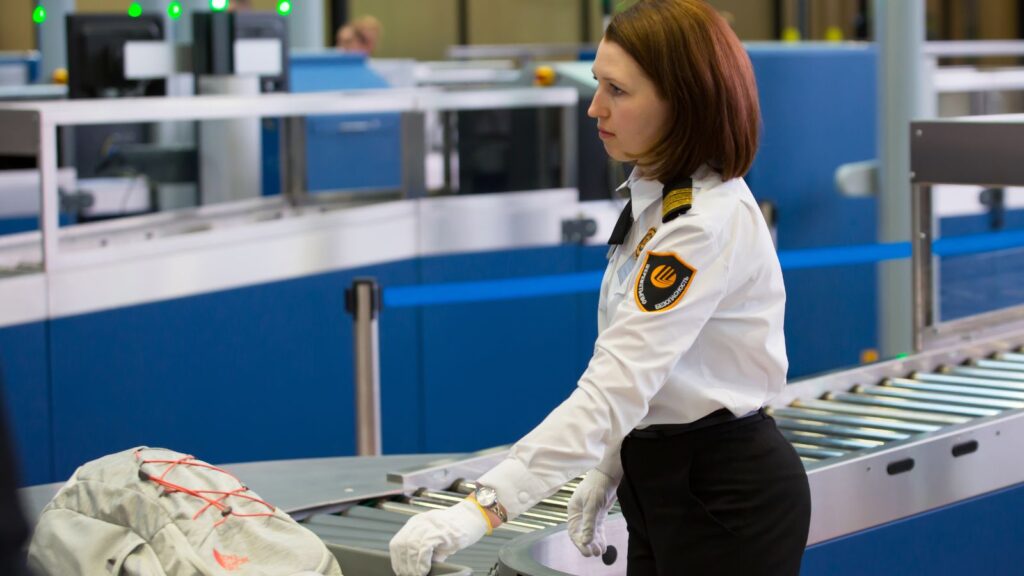Whenever you go through airport security, you’re probably wondering if those TSA agents are actually paying attention to you, carrying shoes in one hand and a travel-sized shampoo in the other. Guess what? They totally are. Here are 18 things that TSA agents notice about you when you’re going through security and what these things tell them.
Signs of Nerves
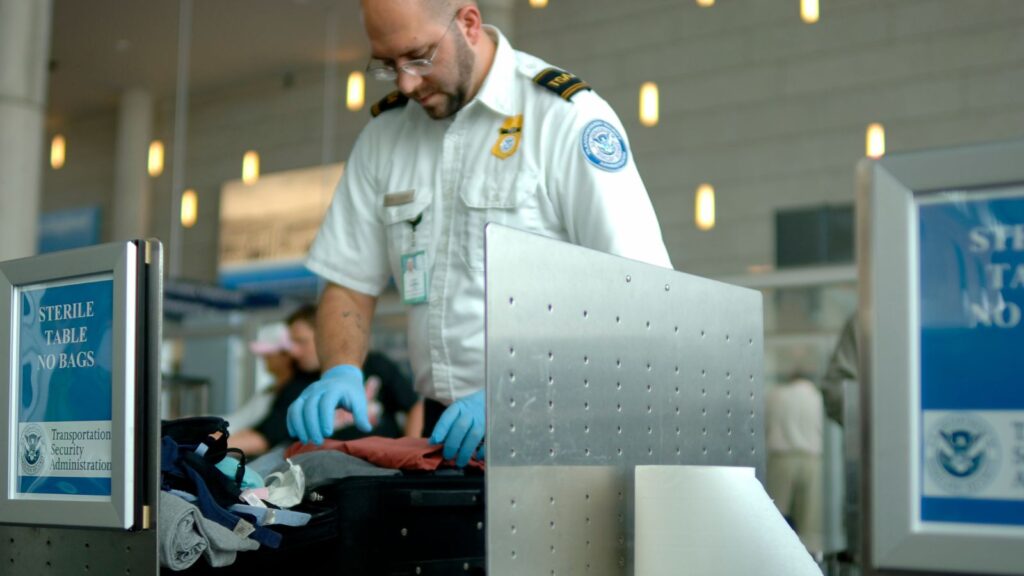
TSA agents notice when someone’s nervous, such as if they’re biting their nails or looking around suspiciously. But don’t worry because they know this doesn’t necessarily mean you’re up to no good, as they understand you might just be scared of flying. They’re trained to spot these signs early, so they’ll know if someone needs extra screening or reassurance.
Looking Them in the Eye
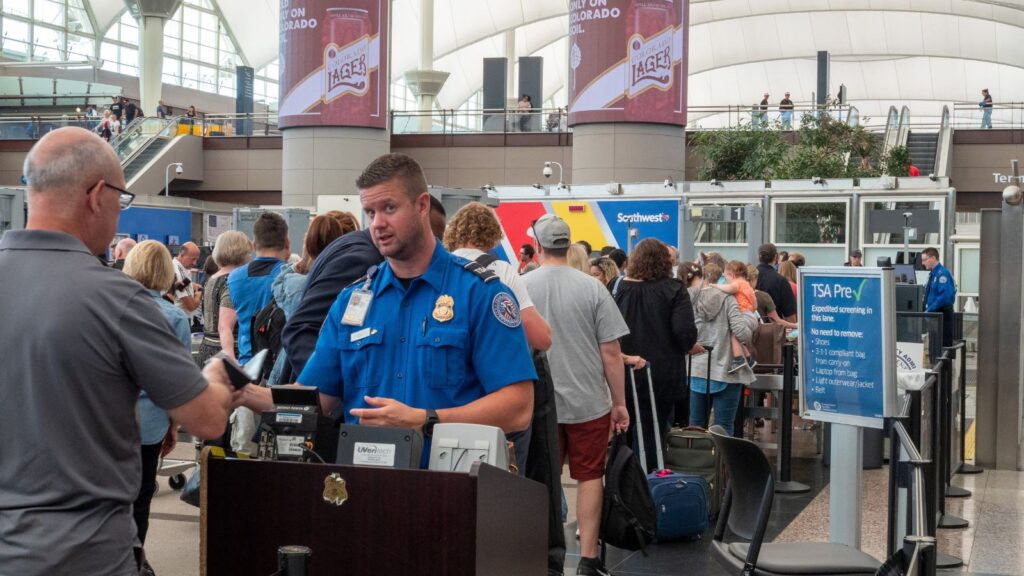
Similarly, making eye contact, or deliberately trying not to, can tell TSA agents a lot about your state of mind. Overdoing or underdoing eye contact helps them know how you feel in the security line, so they’ll know if you need more questioning or not. Of course, if you have nothing to worry about, there shouldn’t be any issues.
Overstuffed Carry-Ons
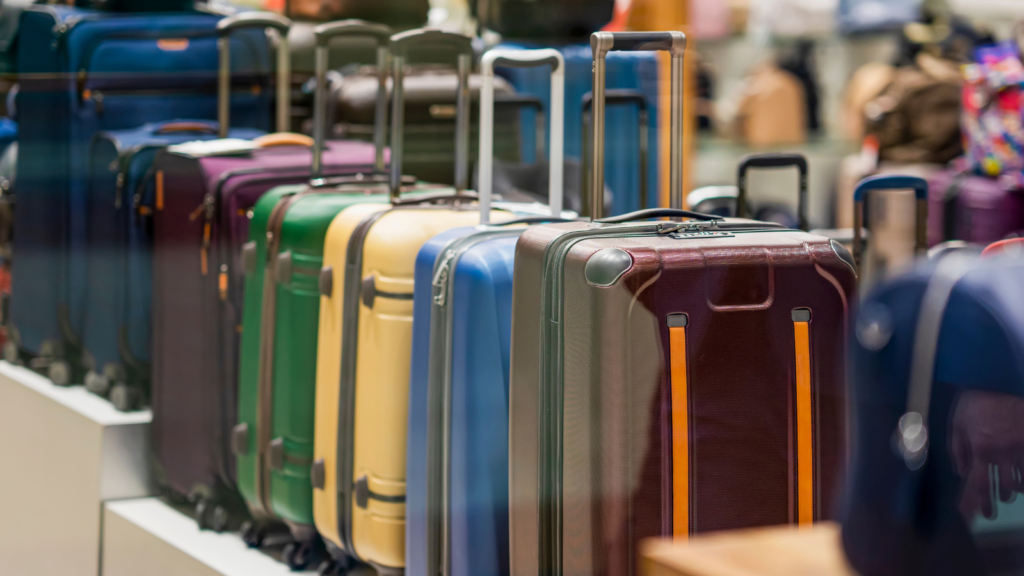
The agents realize if you’ve tried to put too many things into your carry-on and hope that nobody sees. They watch for these bags because they usually check them for hidden prohibited items. Even if everything inside is legit, safety’s important because you don’t want your bag’s contents flying across the plane during turbulence.
Looking After Your Tech
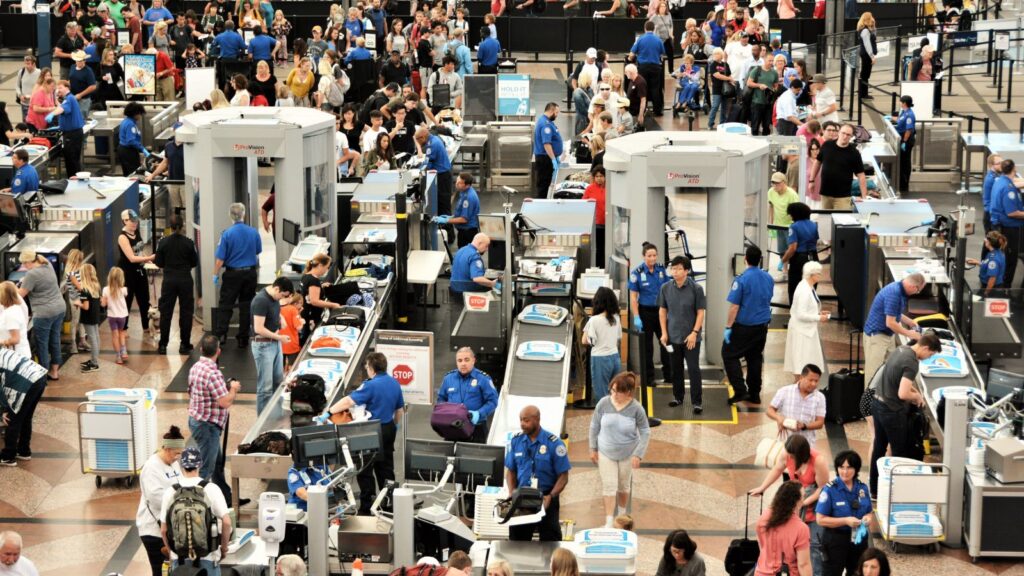
TSA agents are watching if you’re fumbling around with your electronics because you’re unsure if you should take them out of your bag or leave them in. They need to ensure everyone follows the rules to keep the lines moving. Most importantly, they’ve got to make sure nobody’s up to anything suspicious.
Frequent Flyer

People who fly a lot have a certain way about them at security. These are the kind of people who will have a boarding pass in one hand and their shoes off in an instant. TSA agents notice these people and are grateful for them because it makes their job easier when people know the drill and are prepared.
A Little Confused
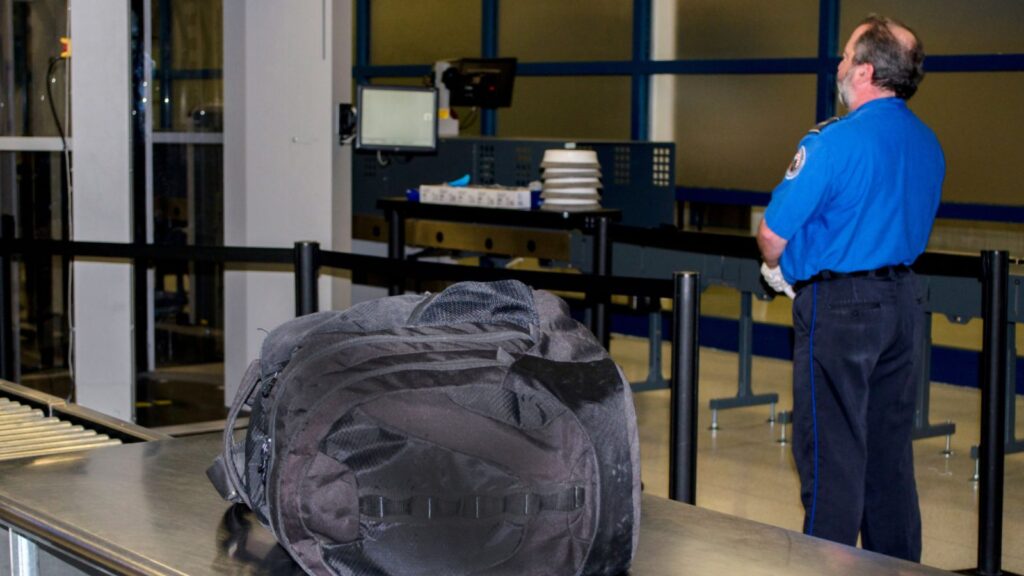
At the same time, if you’re a first-time flyer, TSA agents can usually tell because you might look a bit lost about the rules. They’re there to help you through things, so don’t sweat it, as they always deal with it. TSA agents are meant to help you understand what’s happening, including what to take off and leave out.
Family Travel

If you’re traveling with kids, TSA agents are likely monitoring how everyone’s getting along. You might think they’re being nosy, but they’re actually trying to determine whether anyone needs to be watched for security reasons or if the family just needs a helping hand. Either way, they’re trying to do the right thing.
The Right ID
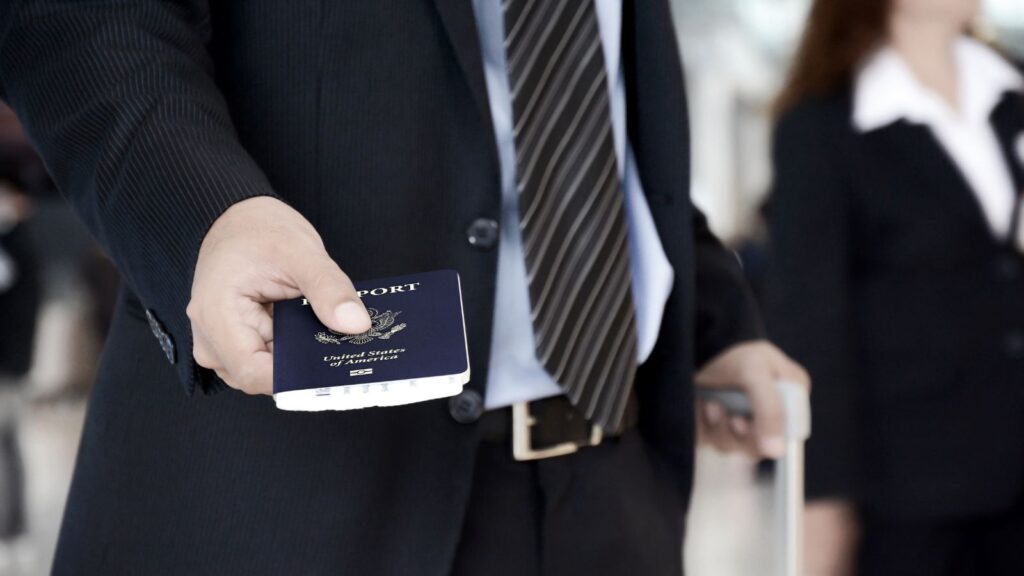
The first thing you show at the checkpoint is your ID, and TSA agents are quick to spot if something’s off. They’ll notice if it’s expired or doesn’t look like you, so make sure everything’s legit. They’ll also check that your ID matches the name on your boarding pass to avoid ticket fraud.
Physical Discomfort
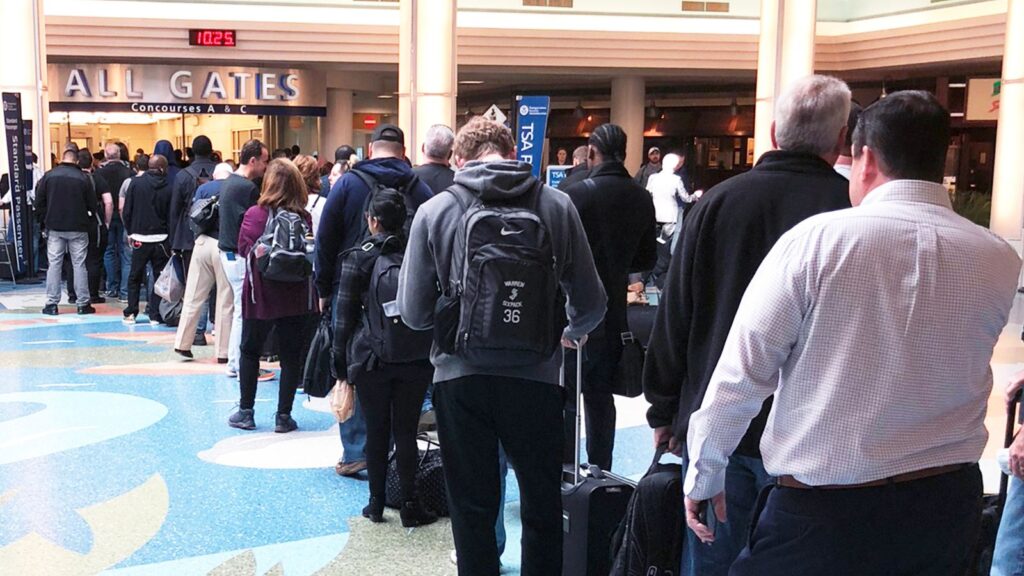
TSA agents notice if someone’s limping or just struggling to keep up with the security line. While they’re mostly there to stop any dangers, TSA agents are also meant to ensure you get through the line comfortably by giving you more help or a different way to be screened. This also helps them know who might need extra help during the flight.
Medical Care
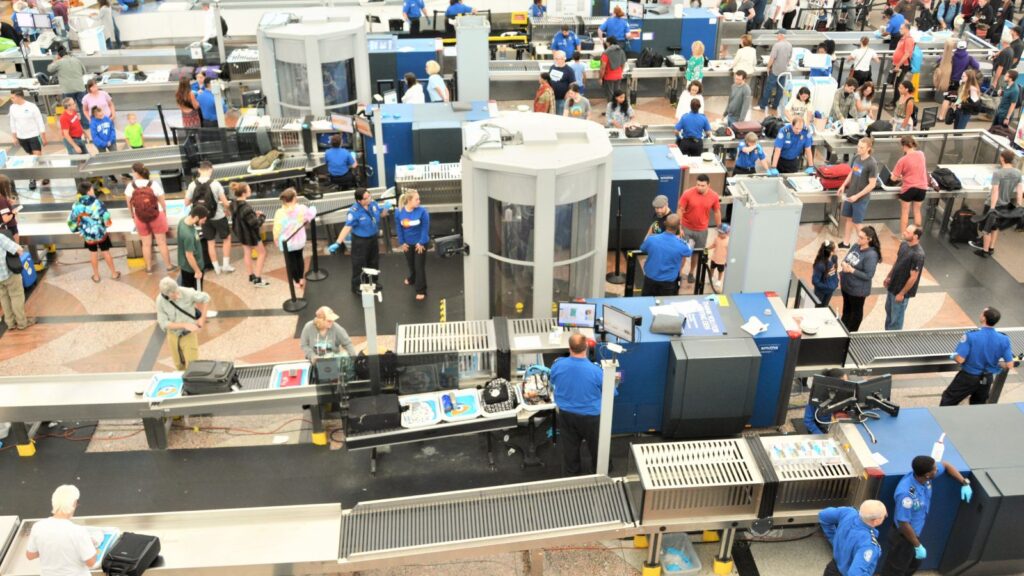
Similarly, they’re trained to deal with anyone with a medical device or some essential medications with care and respect. They’ll usually take you to the side to ensure everything’s okay with you. This way, you’ll be safe, and they can go through security protocols without any issues.
What You’re Wearing
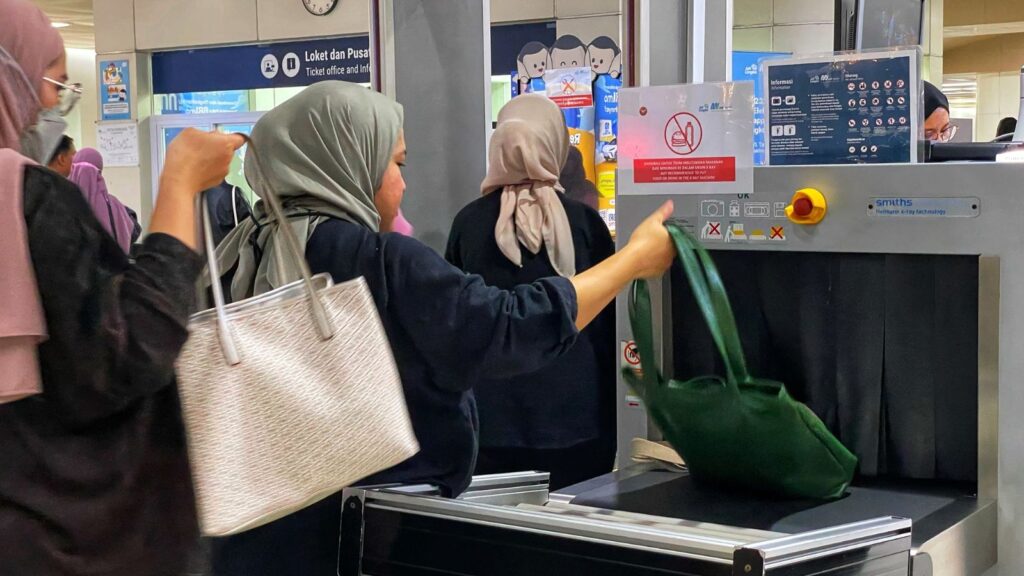
Your outfit tells TSA agents much about where you might be going and how prepared you are for travel. If you’re wearing a suit, you’re probably going on a business trip, while a Hawaiian shirt means you’re going on a tropical vacation. They’re also looking for heavy coats or bulky layers because you could hide prohibited items.
That’s Not Allowed
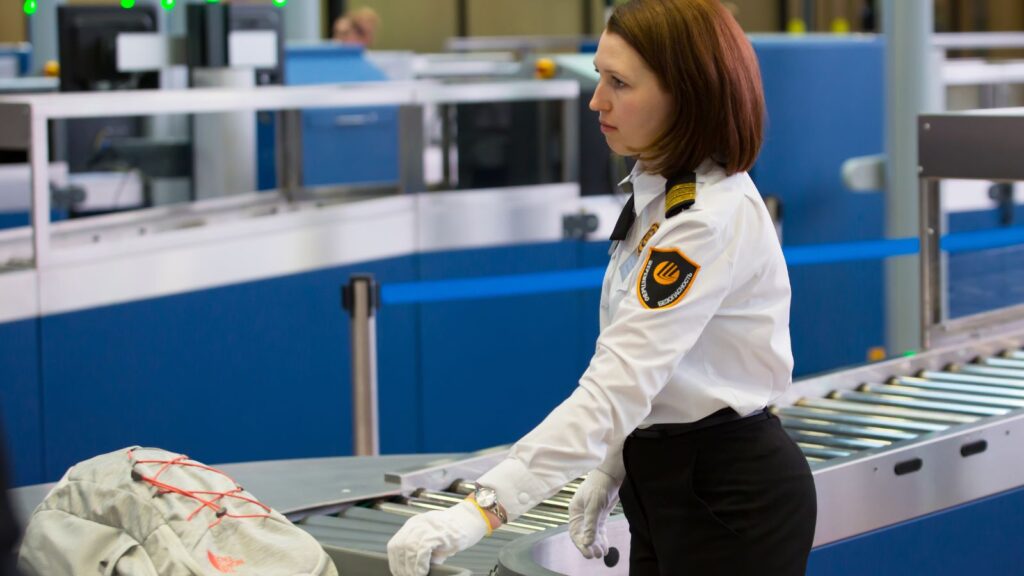
We’ve all had that accidental moment when we reached the front of the line before suddenly remembering we’ve got a full water bottle in our backpack. TSA agents are good at spotting these mistakes before they become a bigger issue. They’re also good at catching other mistakes, like restricted items that travelers might forget about.
One Too Many
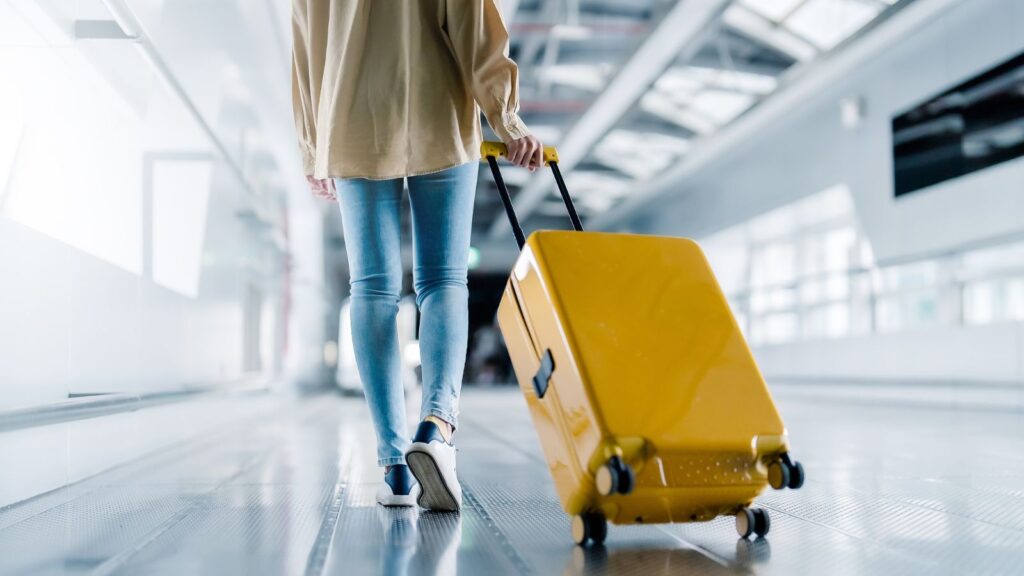
It’s not just what’s inside your luggage that’s important, as TSA agents are also looking out for anyone who might be flying a little too high. It’s their job to ensure everyone’s fit to fly, including keeping anybody behind who’s too drunk. If they think that’s you, they’ll either talk with you or refer you to airline staff. Make sure you know your rights.
Moving in a Group
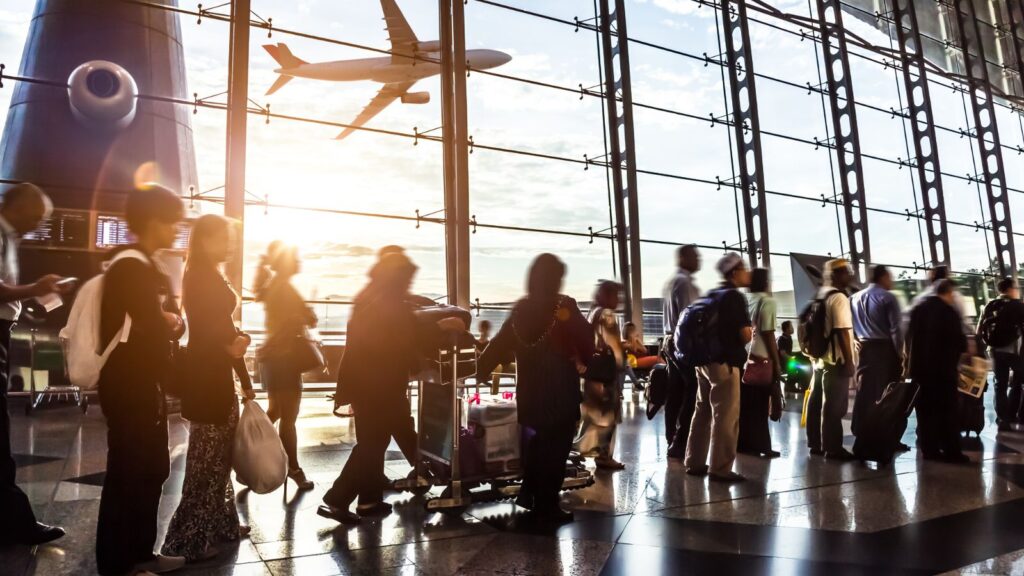
Traveling in a pack can be quite dramatic, and the TSA will carefully observe many people traveling together, such as tour groups. They want to see how well these people stick together and follow instructions because this helps them manage the flow. It’ll also mean nobody gets left behind.
Inside Your Carry-On

A quick look inside your bag tells TSA agents if you’re good at packing or a bit of a mess. They’ll see how you’ve organized your stuff so they can make sure you’re not hiding anything questionable. This also means that the whole screening process goes a lot quicker and more smoothly for everyone.
Watching Them, Watching You
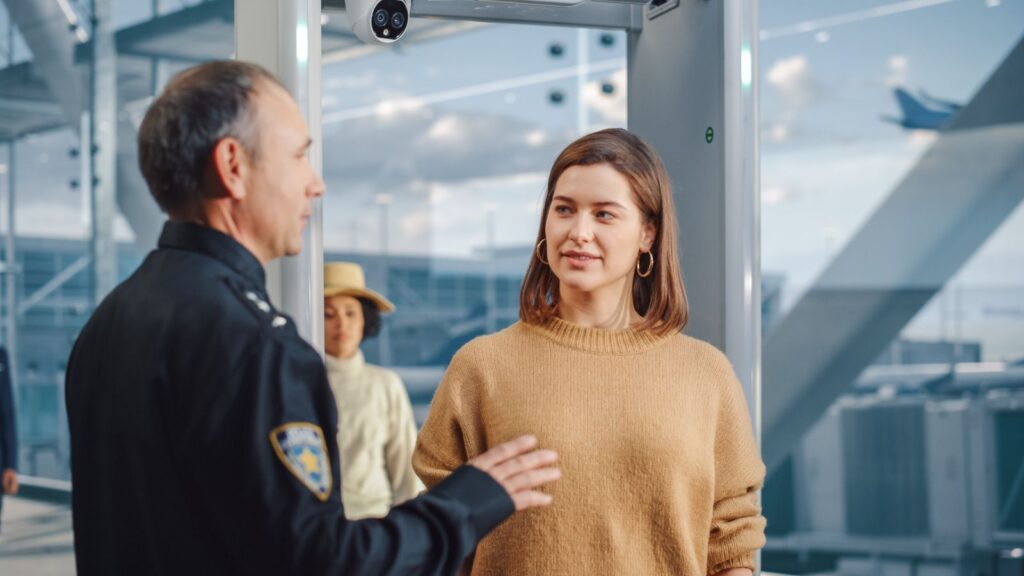
Being overly observant isn’t necessarily a good thing, and staring a bit too hard at the procedures or other passengers makes them suspicious. It’s okay to be aware of what’s happening, but don’t be too intense. This helps TSA agents notice anyone who’s trying to learn too much about the system.
Following the Rules

How quickly and easily you follow the security rules says a lot to TSA agents, and they appreciate it when people stick to the rules. After all, it makes things a lot easier for everyone. When you do what you’re told, there’s less likelihood of delays, and the whole system runs far more efficiently.
Your Emotions

It doesn’t matter if you’re happy or mad because the TSA can usually tell you’re feeling with a quick glance, and it can change how they deal with you. They’re trained to deal with so many different passengers and their emotions every day. Usually, they’ll make sure screening is a little more personalized, depending on your feelings.
19 Grim Realities of Dating After 50 That Are Often Overlooked

19 Grim Realities of Dating After 50 That Are Often Overlooked
26 Things That Will Be Extinct Because Millennials Refuse to Buy Them

26 Things That Will Be Extinct Because Millennials Refuse to Buy Them
24 Outdated Slang Terms You Absolutely Shouldn’t Be Using Anymore

24 Outdated Slang Terms You Absolutely Shouldn’t Be Using Anymore
25 Hardest Parts About Getting Older That No One Ever Talks About

25 Hardest Parts About Getting Older That No One Ever Talks About

